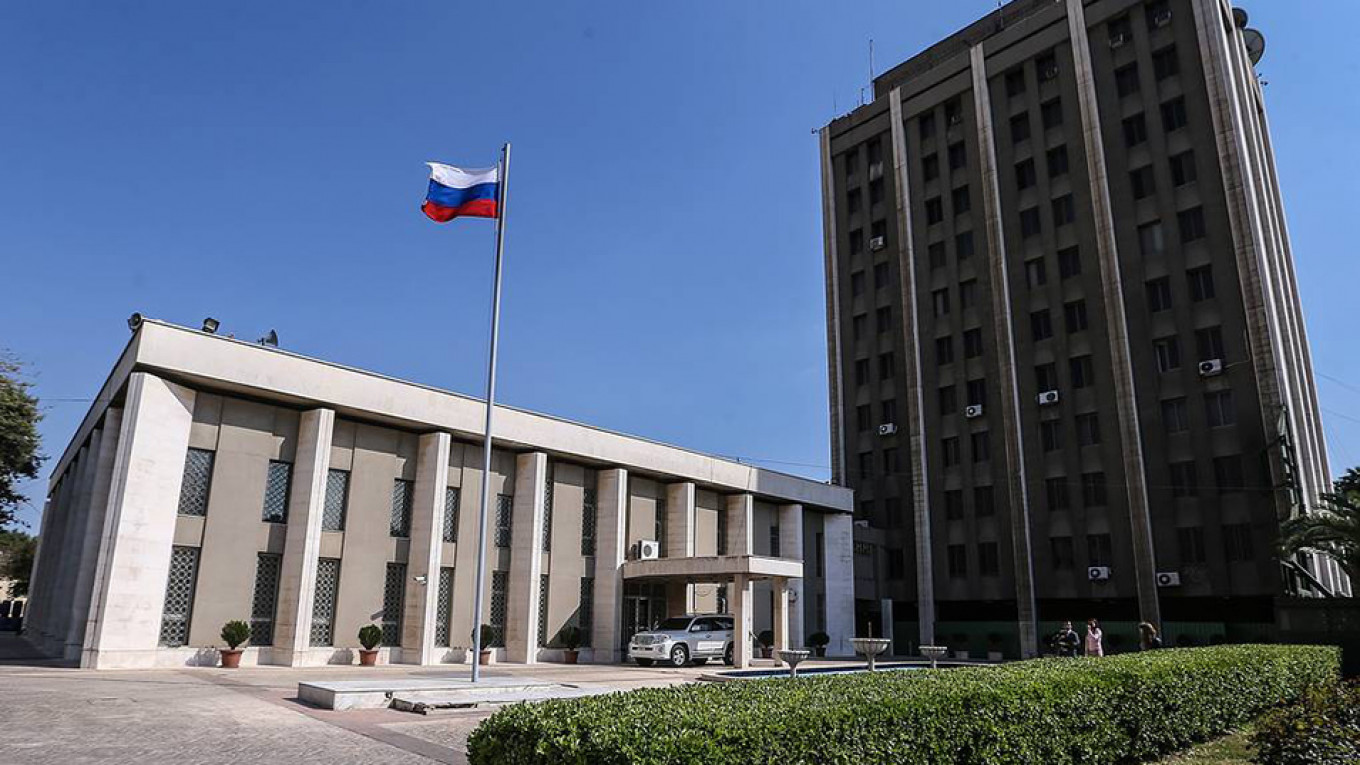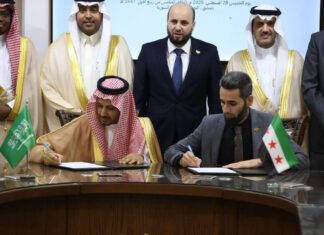
Russian officials have announced a “qualitative turning point” in relations with Syria following the fall of Bashar al-Assad’s regime. Moscow has expressed interest in maintaining strategic ties with the Syrian Transitional Government (STG) while emphasizing its readiness to contribute to the country’s recovery and reconstruction.
Building on Historical Ties
Mikhail Bogdanov, the Russian President’s Special Envoy to the Middle East and Africa highlighted the deep historical ties between the two nations. “Relations between the Russian Federation and Syria are entering a qualitatively new turning point today,” Bogdanov told Russia Today.
Bogdanov noted that Moscow is keen to build on “decades of partnership,” rooted in Soviet support for Syria’s sovereignty and independence. He also stressed that Russia remains committed to the principle of Syria’s territorial unity and the mutual benefits of cooperation.
“Last summer, we celebrated the 80th anniversary of Russian-Syrian relations, and it was an opportunity to recall the projects built with Soviet and Russian aid in Syria,” he said. Tens of thousands of Syrians studied in Soviet and Russian institutes during this period.
Moscow’s Strategic Interests
Russian Foreign Minister Sergei Lavrov affirmed his country’s continued engagement with Syria’s new leadership, citing daily communications between Russia’s embassy in Damascus and the STG.
“We want to be useful in efforts to normalize the situation,” Lavrov said during a press conference in Moscow. He emphasized the importance of an inclusive political process involving all national and sectarian forces, as well as relevant international players, including Russia and Iran.
Lavrov also acknowledged Russia’s role in Syria’s turbulent recent history, attributing the fall of Assad’s regime in part to his refusal to engage in meaningful political reform. “The regime’s intransigence and its failure to share power with the opposition led to its downfall,” Lavrov said.
Balancing Legacy & Future
Moscow’s military presence in Syria, including its Tartous naval base and Hmeimim airbase, remains a cornerstone of its regional strategy. These bases, secured through long-term agreements during Assad’s tenure, enabled Russia to expand its influence across the Mediterranean and Africa.
However, many Syrians view Russia as complicit and culpable in the death and destruction wrought during the Assad regime’s reign. Ahmed Taha, a revolutionary leader in Douma, stated, “Russia came to this country to support tyrants and invaders.”
The perception of Russian complicity extends beyond the battlefield. Civilian leaders, including Christian communities in Syria, have expressed frustration over Moscow’s role. Ignatius Aphrem II, Patriarch of the Syriac Orthodox Church, said, “We have not experienced protection from Russia… They came here for their own interests.”
Rebuilding Relations
Despite these criticisms, the STG has indicated a willingness to explore strategic relations with Russia. Ahmad al-Sharaa, Syria’s current leader, acknowledged the historical ties between the two nations, describing them as a potential foundation for cooperation.
Lavrov echoed these sentiments, noting, “Russia has many common denominators with its Syrian friends.” Moscow has also pledged humanitarian aid and reconstruction support to facilitate the return of Syrian refugees and stabilize the nation.
A Rough Road Ahead
Dismantling the entrenched military and economic ties between Russia and Syria will be a formidable task. Analysts suggest that rebuilding Syria’s military, long reliant on Russian-supplied weapons, will either necessitate starting anew or continued cooperation with Moscow. While many Syrians remain skeptical of Russia’s intentions, the coming years will reveal whether Moscow can pivot from its role supporting Syria’s brutal dictators in years past to a constructive partnership in shaping its future and making amends for previous crimes.








